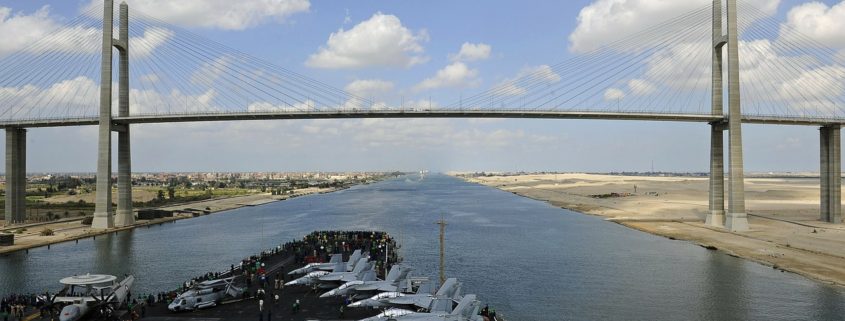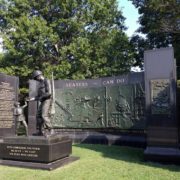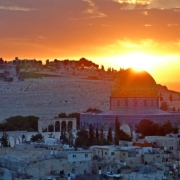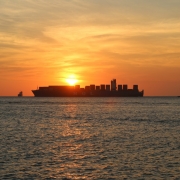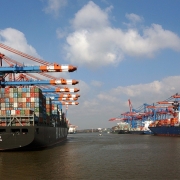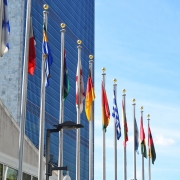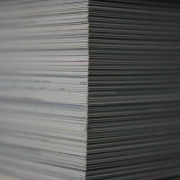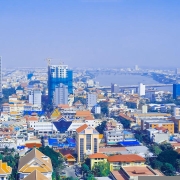What happened in the Suez Canal Crisis?
What was the Suez Canal Crisis of 1956? The Suez Canal Crisis broke out when Egyptian President, Gamal Abdel Nasser, nationalised the Suez Canal. In response, both the United Kingdom and France retaliated and sought to regain control of the canal. Eventually, Egypt managed to retain control of the canal. Subsequently, Israel invaded Egypt, in which this invasion was also known as the Second Arab-Israeli War.
Topic of Study [For H1/H2 History Students]: Paper 1: Safeguarding International Peace and Security Section B: Essay Writing Theme III Chapter 2: Political Effectiveness of the UN in maintaining international peace and security
In the following section, we will re-trace the historical steps and find out what exactly happened during the Suez Crisis and how the United Nations responded to this conflict. By understanding such case studies thoroughly, you will develop a wholesome comprehension of the political effectiveness of the United Nations in handling different forms of challenges.1. How did the Suez Canal Crisis start? As mentioned earlier, Nasser’s nationalisation of the Suez Canal angered both UK and France the latter group’s economic interests were at stake. In particular, the Suez Canal Company was a joint enterprise owned by the two countries. Therefore, the British and France were determined to restore control of the canal.
On a separate but related note, Israel perceived Egypt as a security threat due to the latter’s involvement in the 1948 War of Independence as part of the Arab coalition forces. As such, Israel invaded Egypt on 29 October 1956, while UK and France deployed troops under the pretext of defending their economic interests (i.e. Suez Canal).2. How did the UN respond? On 31 October 1956, the UN Security Council called for an emergency General Assembly meeting. The 1950 ‘Uniting for Peace’ resolution was invoked to empower the General Assembly in the planning of recommendations to end the conflict. The UN came to a decision of restraining the aggressor nations and facilitating a ceasefire. As such, the UN formed the first-ever task force, known as the UN Emergency Force (UNEF) to oversee the resolution of the Suez Canal Crisis. The UNEF played a supervisory role of ensuring the withdrawal of the opposing forces.
3. What was the outcome? At the initial stage, UN was unaware that these three nations (i.e. Israel, UK and France) launched coordinated attacks. Over time, the realization of this combined military effort angered USA, which threatened to impose economic sanctions should they refuse to back down. Faced with international criticisms and pressures, both the British and French forces complied and withdrew their troops by December 1956. Similarly, Israel acceded to political and economic pressures of the US and withdrew its troops in March 1957.
In the wake of the crisis, Egyptian ownership of the Suez Canal was recognised by the United Nations. By April 1957, the canal was re-opened for shipping. Although the crisis had come to an end, the absence of a peace settlement between Egypt and Israel led to the outbreak of the Six-Day War. Unfortunately, given the principal requirement of respecting sovereign rights, Egypt’s request for the departure of UNEF could not be ignored. Hence, the withdrawal of the UN allowed tensions to rise and manifest in the form of another military confrontation.What can we learn from this case study? Once you have understood the general idea of this UN case study, consider the following points: – Did the UN play an important role in the resolution of this conflict? If so, how? – Were structural factors of the UN more important than the domestic conditions of the conflict zone in affecting the political effectiveness of the UN? [to be discussed in class]
In the subsequent articles, we will examine other related case studies to derive a more comprehensive understanding of the UN’s role in upholding international peace and security from 1945 to 2000. As part of the Paper 1 Theme 3 topic, you are expected to be familiar with a wide range of case studies to provide evidence to support your arguments on the assessment of the UN’s performance. The H2 and H1 History Tuition feature online discussion and writing practices to enhance your knowledge application skills. Get useful study notes and clarify your doubts on the subject with the tutor. You can also follow our Telegram Channel to get useful updates. We have other JC tuition classes, such as JC Math Tuition and JC Chemistry Tuition. For Secondary Tuition, we provide Secondary English Tuition, Secondary Math tuition, Secondary Chemistry Tuition, Social Studies Tuition, Geography, History Tuition and Secondary Economics Tuition. For Primary Tuition, we have Primary English, Math and Science Tuition. Call 9658 5789 to find out more. “It was character that got us out of bed, commitment that moved us into action, and discipline that enabled us to follow through.” – Zig Ziglar
